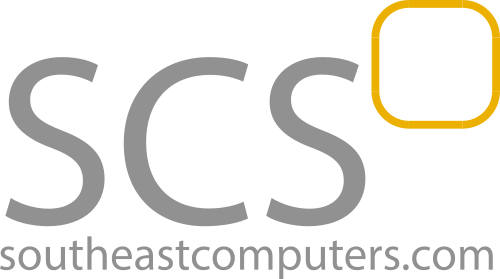If you’re looking into new business management software, you must evaluate the many reasons to upgrade your existing technology and transition from your current legacy system. New technology means new opportunities, including the opportunities to streamline your processes, improve your inventory control, and increase your bottom line.
Once you’ve chosen and implemented a new system, you should expect to utilize it for 5-15 years. During that time, however, there will be upgrades; to accommodate changes, many software vendors provide maintenance programs in which you can pay an annual fee to receive the upgrades. This reduces the cost of purchasing new software every time a change is made while ensuring that you’re always using the most up-to-date technology.
Keeping up to date with product releases helps minimize the amount of downtime required to implement a new version. Most software vendors charge a percentage of the total software license costs annually for maintenance and support, which ultimately pays for new functionality, the upgrade process, and vendor support. Depending on the maintenance and support tier selected, these percentages can fall anywhere between 18% and 27%. When speaking with vendors about maintenance and support fees, make sure to ask about customization work, as some vendors will charge extra to have customizations moved into a new version.
Receiving regular upgrades doesn’t mean there isn’t any work involved, but that work is on a much smaller scale than the original implementation. Choosing a company to consult with for your implementation and upgrade processes will make both experiences as painless as possible. Such companies have years of experience and know proactive project management techniques to yield optimal results.
Below are 5 elements for business management software implementation success:
Time Management
You need a tool that allows all staff members who are working on the project to allocate their time efficiently and to the appropriate projects.
Things can change quickly; by having data that updates in real-time, the project manager can catch issues early and promptly make necessary adjustments.
Progress to Completion Reporting
The implementation team and project manager should have open communication at all times, including the constant communication of how a project is progressing.
Adjustments will be necessary, and, because adjustments will affect the budget, good communication allows project managers to stay up to date on the re-evaluated time as it relates to the budget.
Budget Control
This is an important metric for all project managers and is more accurately tracked when integrated with your financial system. This is because, depending on the different resources that will perform the task, the impact on the actual spend to date will vary.
Team Morale and Team Dynamics
Although there are tools to measure team morale and dynamics, make sure to also use tools to help monitor staff utilization levels, which offer an indication of whether the project team will be at risk for extra busy and stressful periods throughout the project. This gives project managers cues as to when possible decreases in motivation and increases in stress will occur.
Project Changes
Changes are inevitable, but with the proper tools in place to give staff members a break, revise budgets, and track deadlines, project managers can review their workload more efficiently and be prepared to adapt to these changes, process improvements, and cost-saving opportunities.
Implementing any type of new system can be a daunting task, but the ROI is more than worth the time and resources spent on the project. Southeast Computer Solutions, with their 30+ years in the software business, can make the task less daunting – contact them today to talk about a new system for your business.









